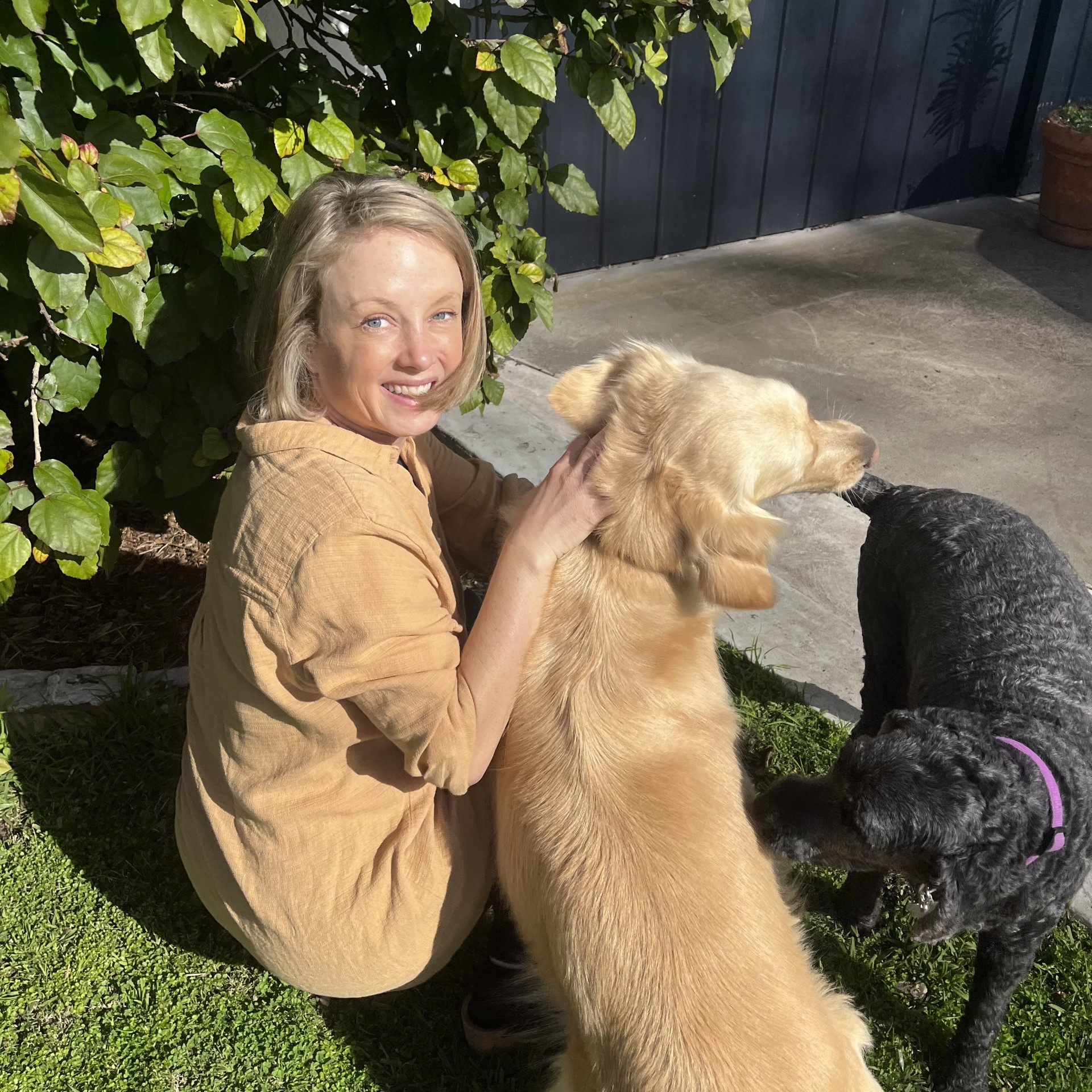
Millie Cornish
Specialist Team
I am a freelance animal welfare scientist. I have worked on a range of projects that focus on issues such as live export to companion animal care. I finished my PhD at Sydney University in 2020. My thesis focused on customer food purchasing behaviour and how that is impacted by awareness of modern animal farming practices and concern for the treatment of animals in food production. Throughout my study, I was interested in how we can encourage large retailers to make customer-focused changes based on people’s changing ethical concerns.
I have a Bachelor of Arts/ Science and a Master of Business. I worked in the charity sector for almost 10 years at World Animal Protection in London and New York, and Animal Medical Centre in New York.
A Chat with Mille
Tell us a little bit about you and your journey into behaviour change?
For as long as I can remember I have been interested in trying to change any injustice or suffering I saw around the treatment of animals. As a little kid, I sold treats at my dad’s office to raise money for an orangutan sanctuary in Borneo. All the posters up in my bedroom were of animals, I loved all animals - elephants, monkeys, dogs, and cats.
However, it wasn’t until after I graduated from university, and I started working professionally at an animal welfare charity that I realised how hard it was to get people to change. After almost 10 years working in the charity sector, I knew I wanted to do a PhD looking at the complexity of human behaviour and what tools we could use to encourage people to change for the better of animal welfare. It was during my PhD that I was first introduced to behaviour change models. It opened my mind to a whole new way of working with people for a common goal. Today I work as a freelance animal welfare scientist, and I use the theories, tools, and approach of behaviour change science in everything I do.
Why does the science of behaviour change matter?
In my work I generally focus on animal welfare issues and human behaviour is responsible for so much of animal suffering. When looking at how to get people to change their behaviours, it is very rarely a simple case of telling people what to do, or what not to do. Understanding what drives those behaviours is the key to tackling the issues at their origins. We need to look at the attitudes people hold, the social norms they are surrounded by, the barriers they face when trying to change, and so much more. For a sustainable real-world change for the better of animals, we need to better understand human behaviour and models of behaviour change.
What is the most inspiring behaviour change intervention you have come across and why?
It’s hard to mention only one! Often they can be a small thing when you see someone’s thoughts shifted and then subsequently their behaviours change accordingly.
One inspiring project that I learnt about when I was doing my PhD was a simple practical class for vet students that got them to use clicker training on chickens. After the practical class students reported chickens to be more intelligent and have individual personalities and so on. After this hands-on experience training chickens, the students showed more positive attitudes towards chickens and were more likely to believe chickens were capable of experiencing positive and negative emotions such as happiness, boredom, and frustration.
What’s your vision for behaviour change for the next five years?
I want to see behaviour change science as commonplace. It is relevant to all aspects of life, not just animal welfare. I would like to see everyone who wants to make a positive change in this world using the knowledge of behaviour change science. I want to see less telling people what to do and more working with people for change that is better for people, animals, and the environment, combined.
Top tip for individuals or organisations getting started with behaviour change?
Don’t be afraid to try something new. Engage the HBCL team and learn about human behaviour change. Try new strategies and approaches. Also, don’t see people as the enemy that needs changing or fixing. Work with people for a common goal.
I am thrilled to be part of the team at HBCL. As part of the interdisciplinary team, I know we can bring our many skills and knowledge of human behaviour change science to various new and exciting projects. Together we can bring about change that is good for animals, but also for people and the planet.
